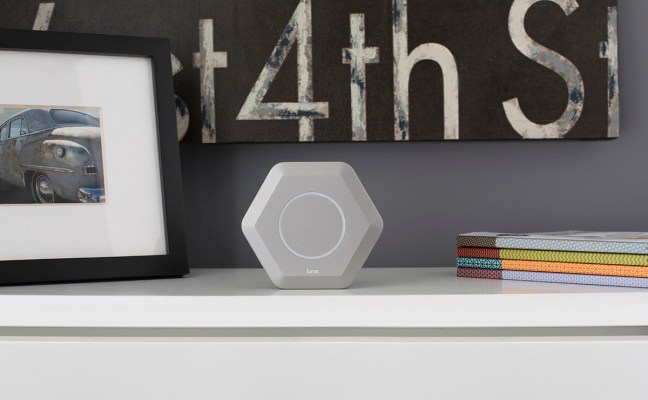Luma, a three-year-old maker of smart Wi-Fi routers, has been acquired by First Alert, a maker of smoke and carbon monoxide detectors that is itself a subsidiary of Newell Brands, a public company whose other holdings include Rubbermaid.
Terms of the deal aren’t being disclosed, but Atlanta-based Luma had attracted $22 million from investors, including Relay Ventures, Accel Partners and Andreessen Horowitz, among others.
Axios was first to report the news, having obtained an internal memo authored by Luma chairman and co-founder Paul Judge, who is transitioning out of the company and who characterized the deal as giving Luma “much wider distribution, reach and scale” than it might achieve as a standalone company.
We’re trying to learn whether shareholders will see any kind of return on the deal. (Axios says it isn’t “any sort of win” for them.) But certainly, Luma has been operating in a competitive and increasingly crowded space. Though smarter wireless routers make sense, given how much more advanced and pervasive tech has grown in the lives of consumers, plenty of companies recognize the importance of serving as the backbone of the connected home.
These include other upstarts, like venture-backed Eero. They also include established companies like Asus, D-Link and Netgear that in recent years began layering in features like parental controls and the ability to prioritize traffic based on network and device — and that appear harder to topple than investors might have imagined. (As we reported last week, three-year-old Eero, which has raised a whopping $90 million from venture investors, laid off about 20 percent of its employees.)
Indeed, in the end, Luma appears to have done its best, including launching a home tech support service for $5 a month, and even enlisting one-time Dos Equis pitchman Jonathan Goldsmith to help market its products (see below).
As the router wars play out, however, neither move was quite enough, apparently.
